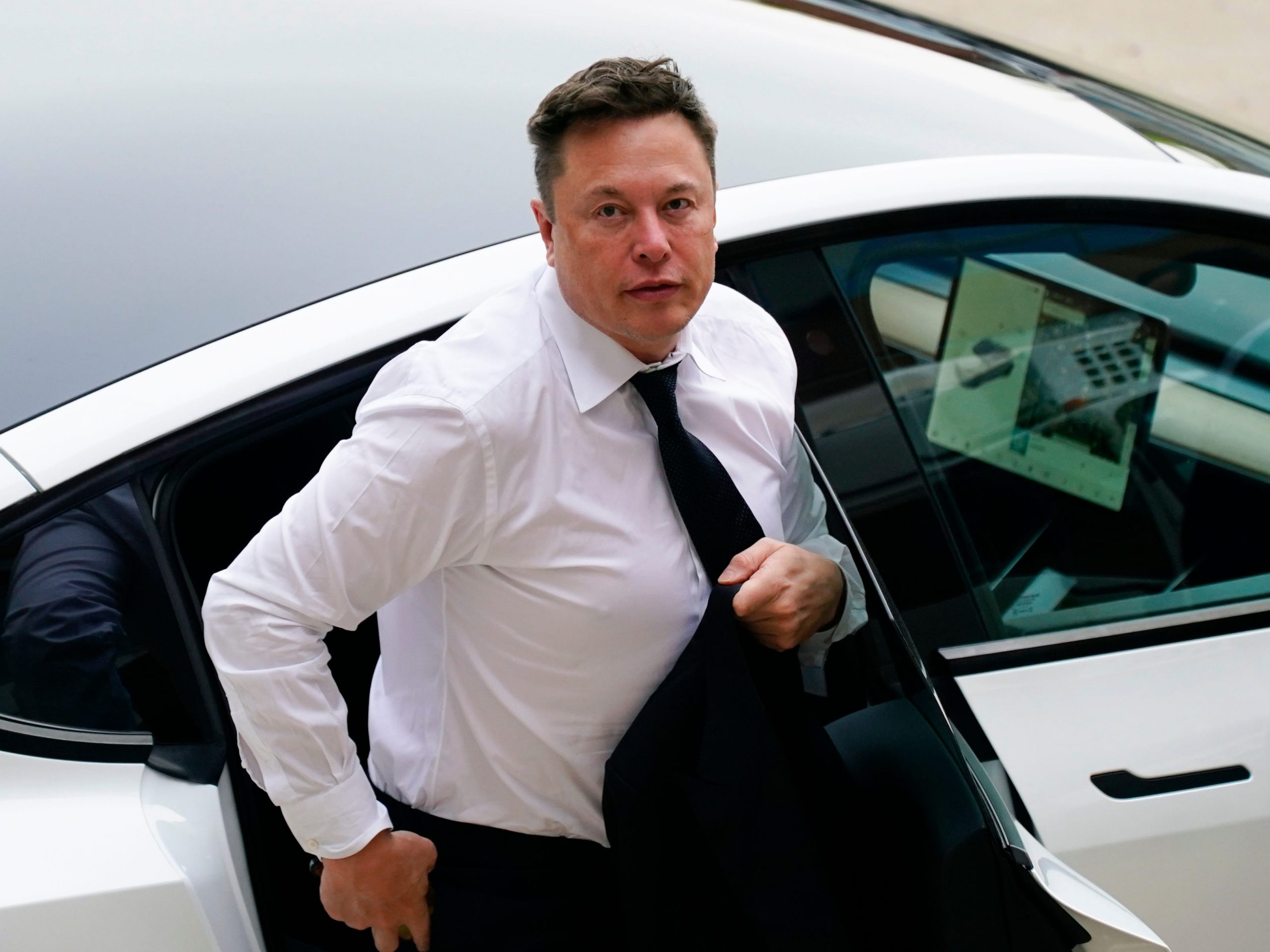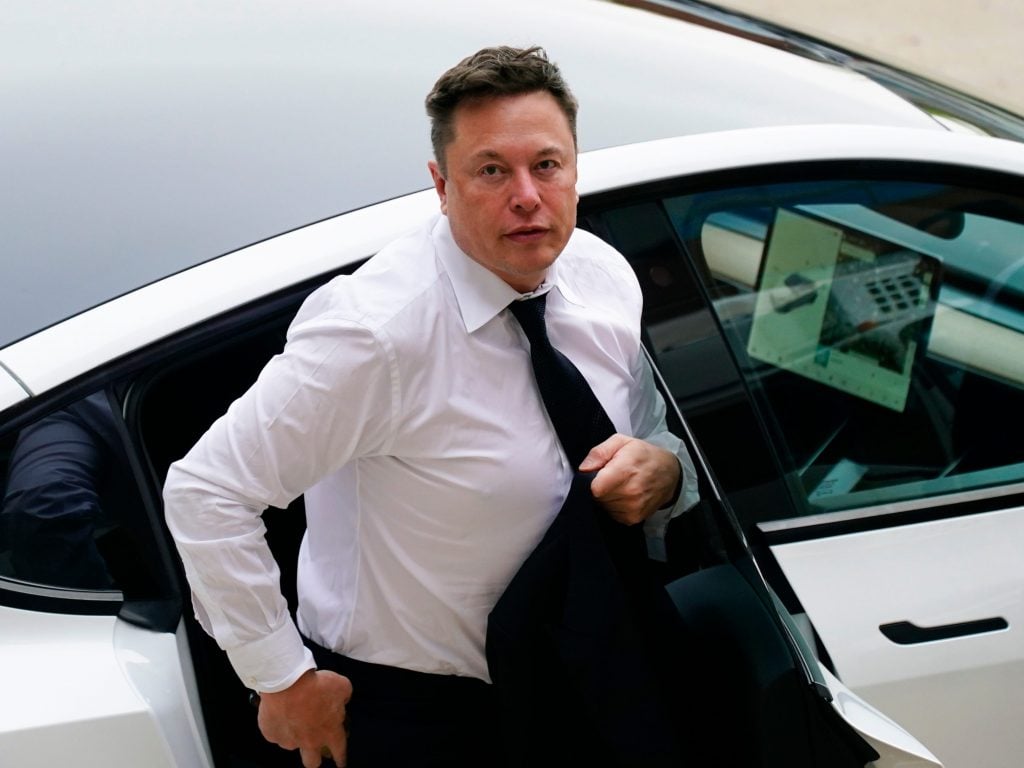
Matt Rourke/AP Photo
- Tesla increased the price of its Model X Long Range and Model S Long Range models by $5,000.
- Tesla raised the price of two other models earlier this month because of supply-chain issues, CEO Elon Musk said.
- Musk hopes to make Teslas more affordable by 2023 and has plans to reduce some cars to nearly half of their current price.
Tesla raised the price of two more of its cars because of ongoing supply-chain problems, making its electric vehicles some of the most expensive on the market.
Tesla's price increases come as chip shortages cut the speed that Tesla is able to produce cars and people face long wait times to get cars.
The car manufacturer has increased the price of its Model X Long Range and Model S Long Range by $5,000, according to Tesla's website. Tesla also raised the price of its Model 3 and Model Y by $2,000 earlier this month.
The Model X Long Range and Model S Long Range now sell for $104,990 and $94,990 respectively, according to prices on Tesla's website. The price hikes earlier this month mean that the cost of the Model Y Long Range and Model 3 Standard Range Plus are now $56,990 and $43,990. Tesla's least expensive car is the Model 3 Standard Range Plus at $41,990.
Tesla did not respond to Insider's request to comment on the recent price changes.
During Tesla's annual shareholder meeting this month, CEO Elon Musk said the supply-chain crisis has caused the price increases, Insider reported.
"We are seeing significant cost pressure in our supply chain," Musk said in the meeting. "So we've had to increase vehicle prices, at least temporarily, but we do hope to actually reduce the prices over time and make them more affordable."
Certain Tesla models like the Model 3 SR+ have a wait time of almost a year, according to Mint. Some customers who order a Tesla now will have to wait until September 2022 to get their car.
Last year, Musk promised Tesla would release a cheaper vehicle close to a $25,000 price point by 2023 - nearly half of the cost for the automaker's current cheapest vehicle. However, the company faced "super crazy shortages" and "insane difficulties" from the global computer chip shortage, as well as port delays and COVID-19 restrictions in China, Musk admitted in September. The delays make it unclear if Tesla will reach its goal to roll out a cheaper vehicle by 2023.
Tesla outpaced Wall Street expectations on Wednesday, reporting 57% year-over-year revenue growth to reach $13.8 billion in its third quarter, pushing shares to new highs on Friday and bringing Elon Musk's net worth $250 billion.
